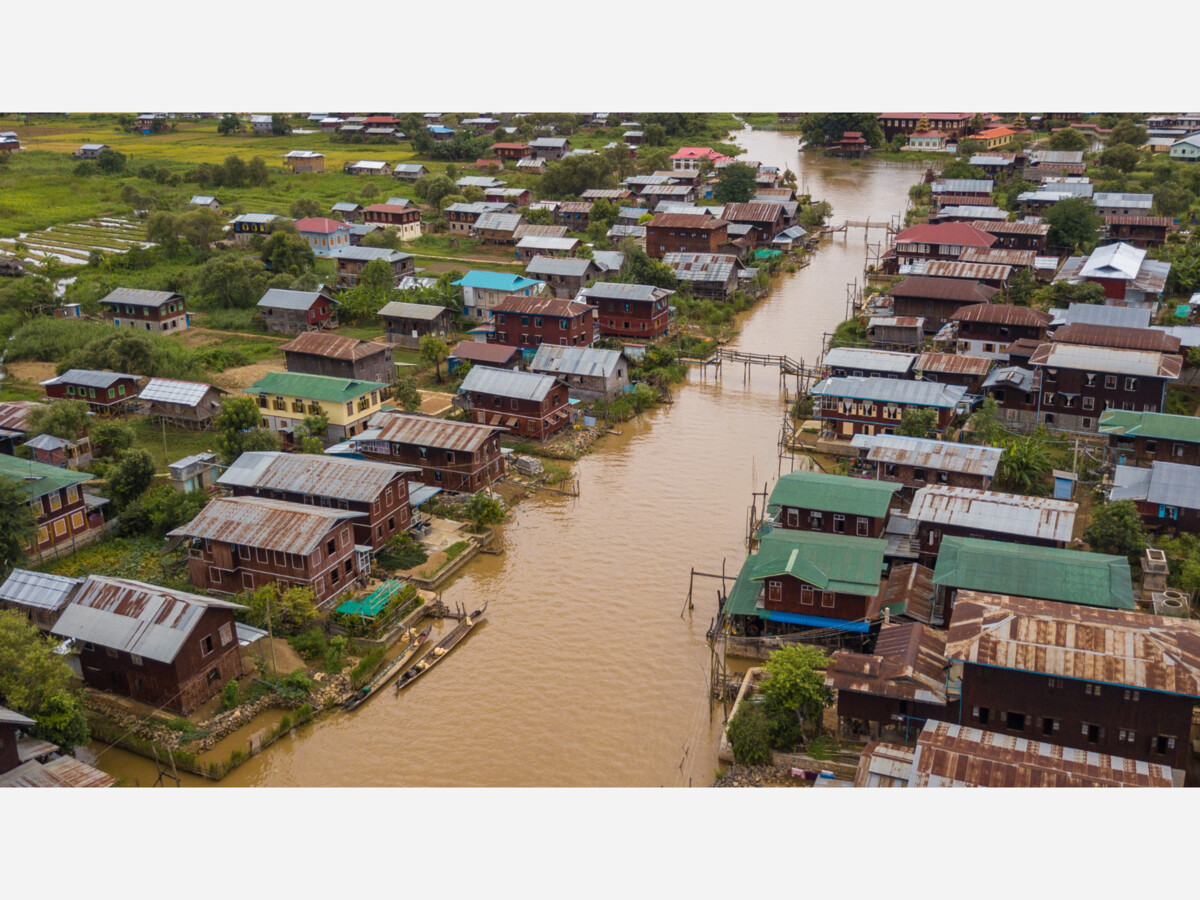Image

The effects of climate change have reached every corner of our world, affecting people from all walks of life. We have witnessed firsthand the devastating impact of climate change on the African continent and its diaspora communities around the globe. This article will shed light on the far-reaching consequences of climate change, explore recent major climate events in Africa and the United States, highlight the similarities in the experiences of those most affected, and suggest ways individuals can make a difference by connecting with Africans working on climate change.
The Global Reach of Climate Change
Climate change is a crisis that knows no borders, and its effects are being felt worldwide. However, it is often the most vulnerable communities who bear the brunt of its impact. In Africa, a continent already grappling with various socioeconomic challenges, climate change exacerbates existing problems and creates new ones.
Recent Climate Events in Africa and the United States
Africa has experienced a series of devastating climate events in recent years. From prolonged droughts in East Africa to devastating floods in West Africa, the continent has been hit hard. In the United States, we've witnessed an increase in extreme weather events, including hurricanes, wildfires, and severe heatwaves. These events may seem worlds apart, but the people most affected share common experiences of loss, displacement, and vulnerability.
Similarities in the Effects on Vulnerable Communities
The effects of climate change are disproportionately felt by marginalized communities, both in Africa and the United States. These communities often lack the resources and infrastructure to cope with and adapt to changing weather patterns. Indigenous peoples, low-income neighborhoods, and communities of color are particularly vulnerable.
In Africa, subsistence farmers face food insecurity as changing rainfall patterns disrupt traditional agricultural practices. Coastal communities are threatened by rising sea levels, and access to clean water is increasingly compromised. In the United States, communities in the Gulf Coast, predominantly African American, have borne the brunt of hurricane devastation, while low-income neighborhoods in urban areas are hit hard by extreme heatwaves and pollution.
Connecting with Africans Working on Climate Change
To combat the effects of climate change and build a sustainable future, it is essential to connect with Africans who are actively working on climate solutions. Here are some ways to get involved:
Educate Yourself: Start by educating yourself about the specific climate challenges faced by African countries and communities. Understanding the local context is crucial.
Support Climate Initiatives: Collaborate with African-led climate organizations, support their initiatives, and amplify their voices. Some notable African organizations working on climate change include the African Climate Foundation and the African Youth Initiative on Climate Change.
Participate in International Dialogues: Engage in international climate dialogues and conferences, where global leaders come together to address climate change. Advocate for policies that prioritize climate justice and equity.
Foster Cross-Cultural Partnerships: Build relationships with African individuals and organizations working on climate solutions. Share knowledge, resources, and experiences to create collaborative solutions.
Advocate for Climate Justice: Join the fight for climate justice, which aims to address the disproportionate impacts of climate change on marginalized communities worldwide.
Climate-Focused Organizations in the US and Africa
Here are some climate-focused organizations with a connection to the African Diaspora:
Environmental Policy & Advocacy: The African American Environmentalist Association (AAEA) is dedicated to promoting environmental and social justice.
Youth Engagement: The Sunrise Movement, a youth-led organization, advocates for climate action and a Green New Deal.
Climate Research: The African Climate and Development Initiative (ACDI) at the University of Cape Town conducts research on climate change adaptation in Africa.
Community Resilience: The Deep South Center for Environmental Justice focuses on building community resilience in the Gulf Coast region.
Climate change is a global crisis that demands a unified response. By bridging divides, sharing knowledge, and advocating for sustainable solutions, we can contribute to a more equitable and resilient world for all, regardless of where we call home.